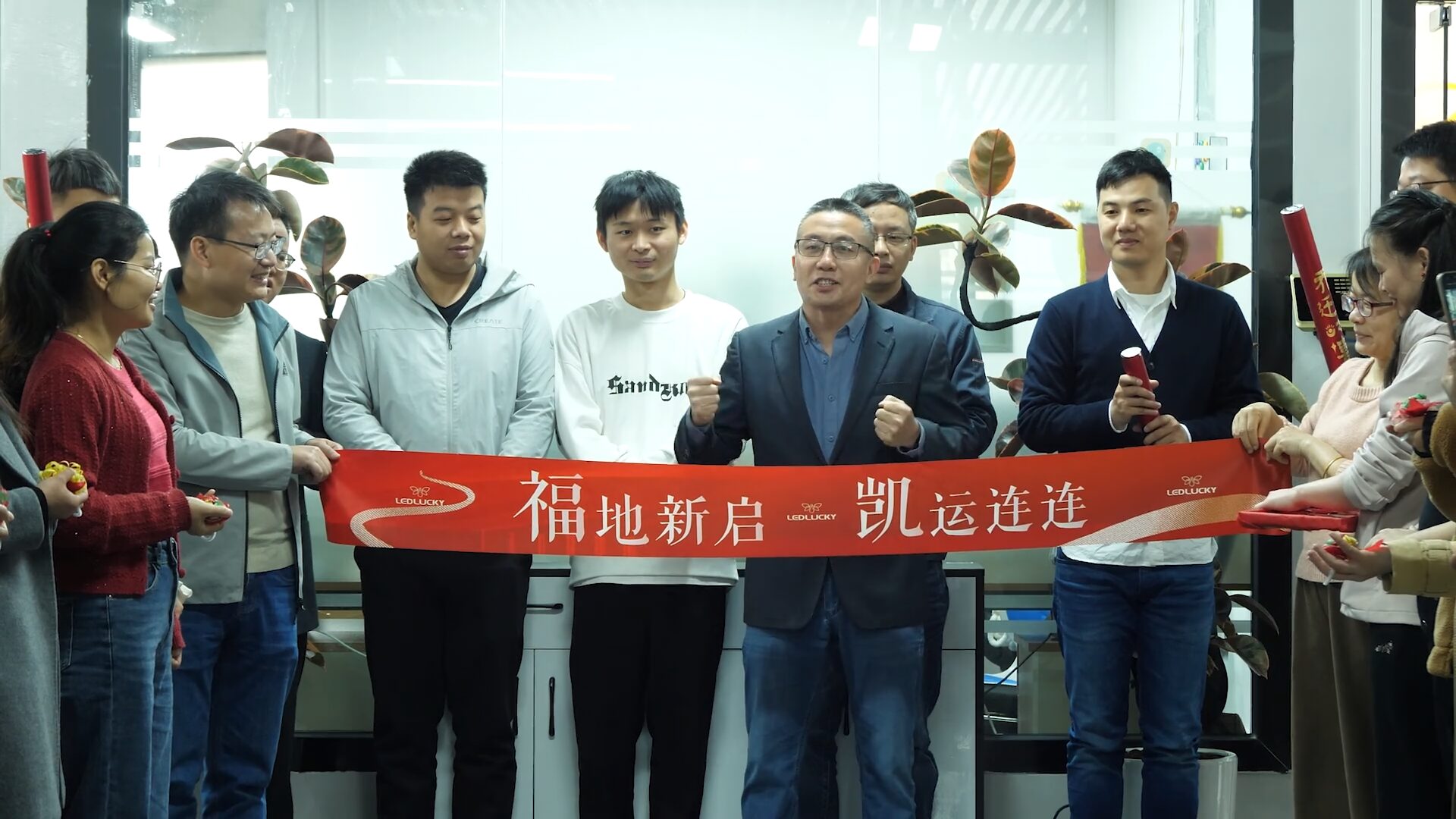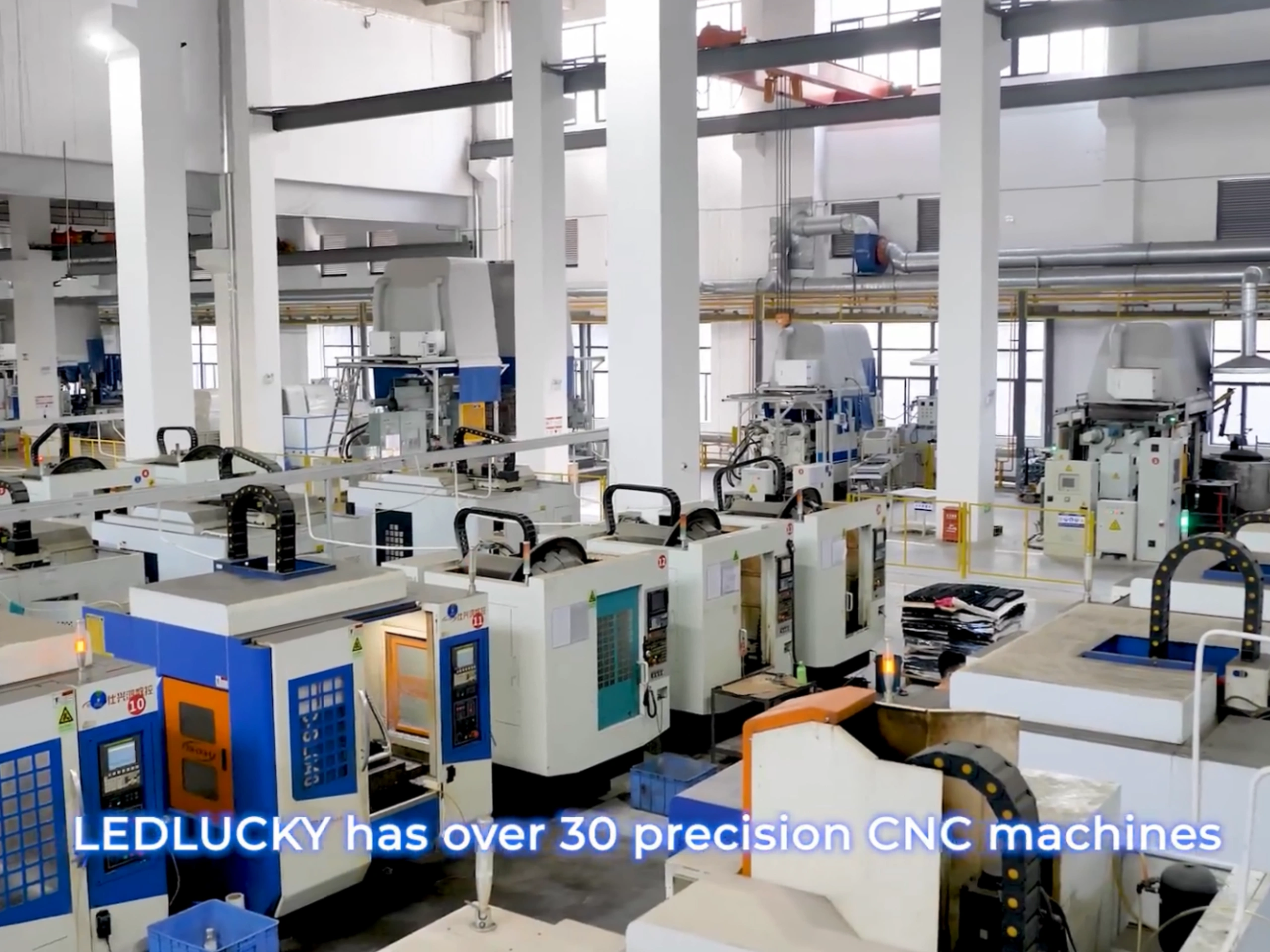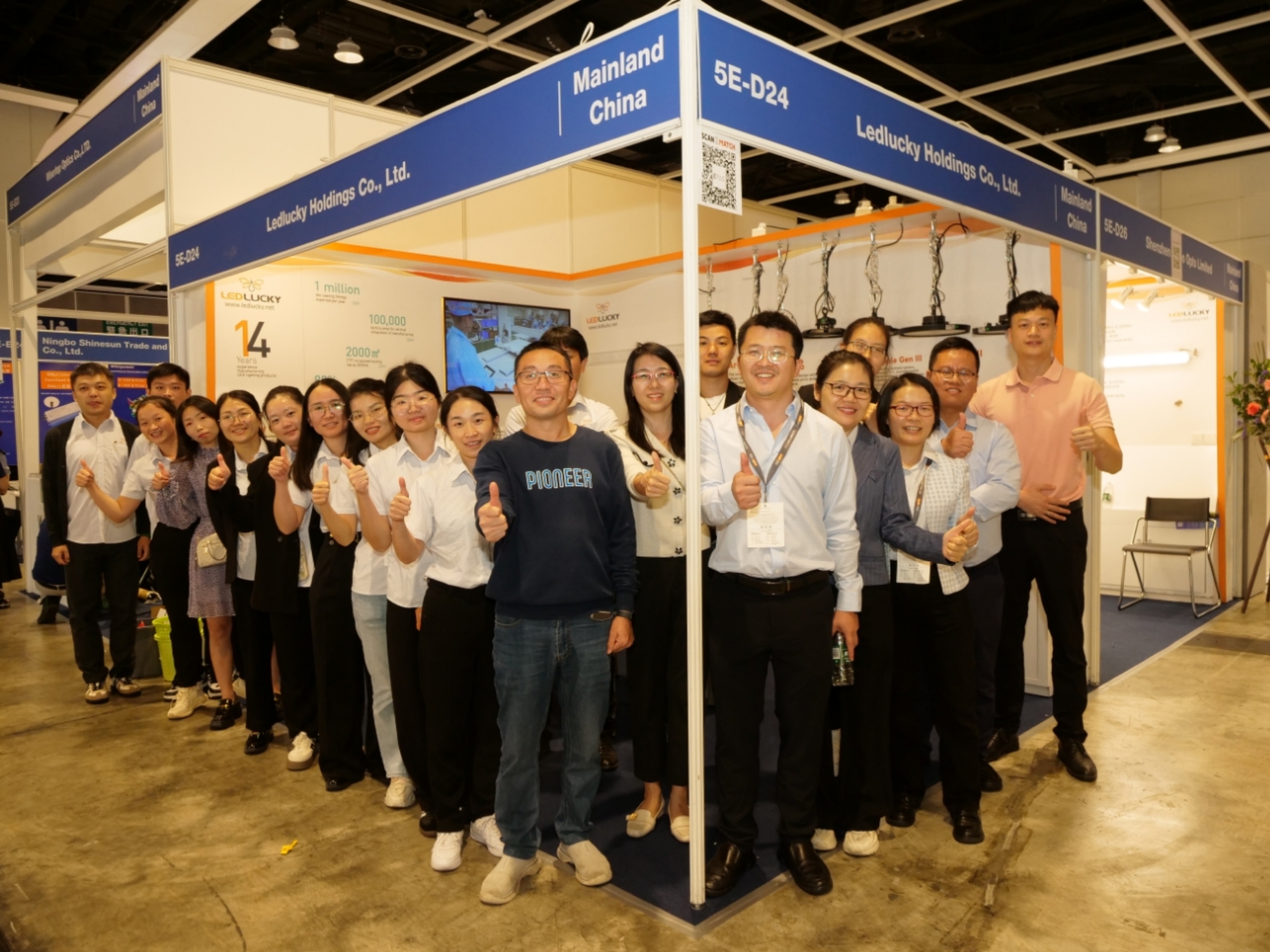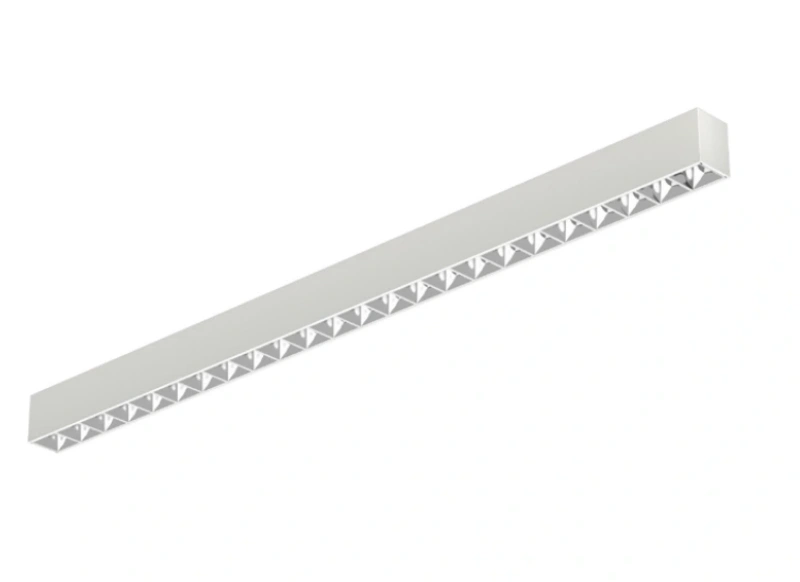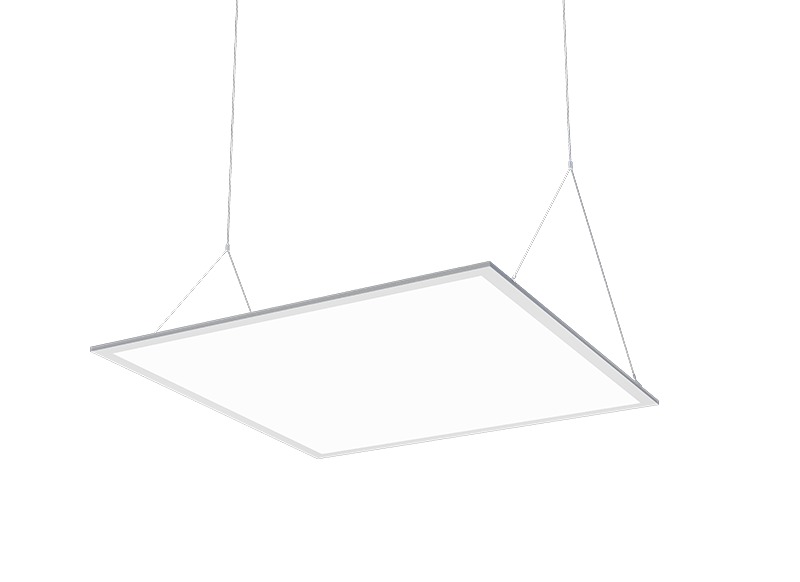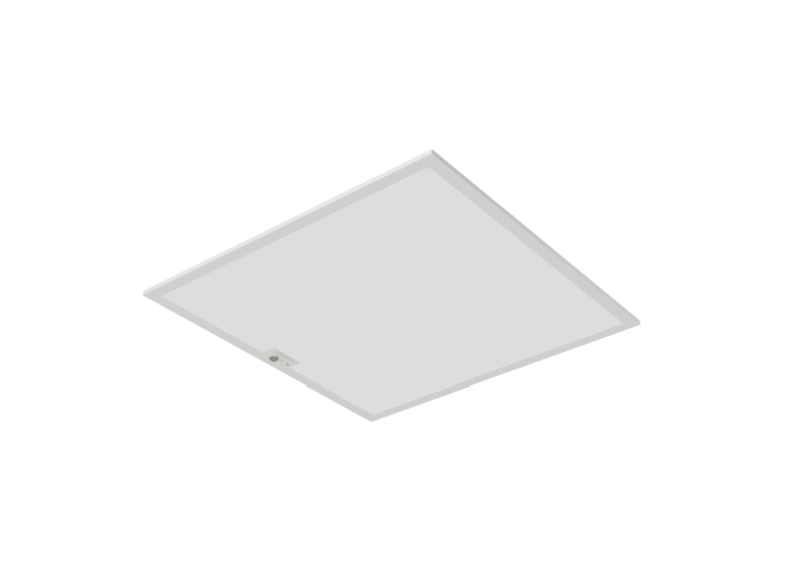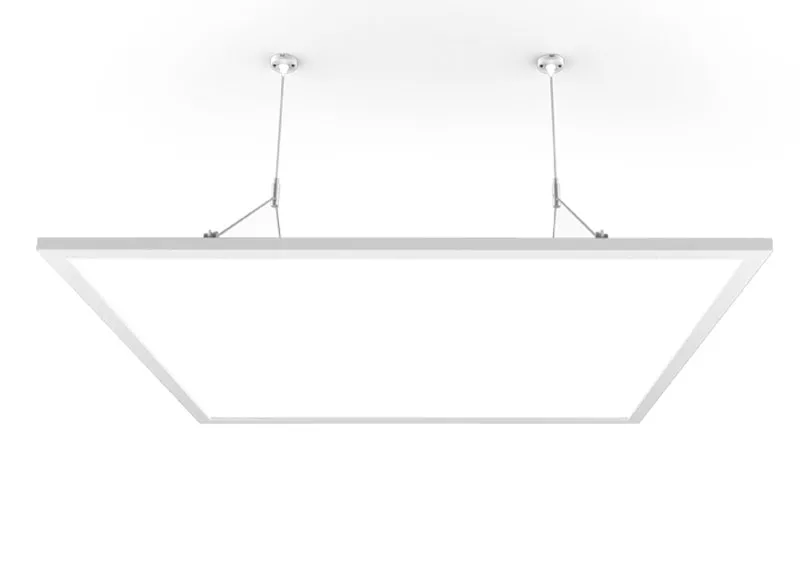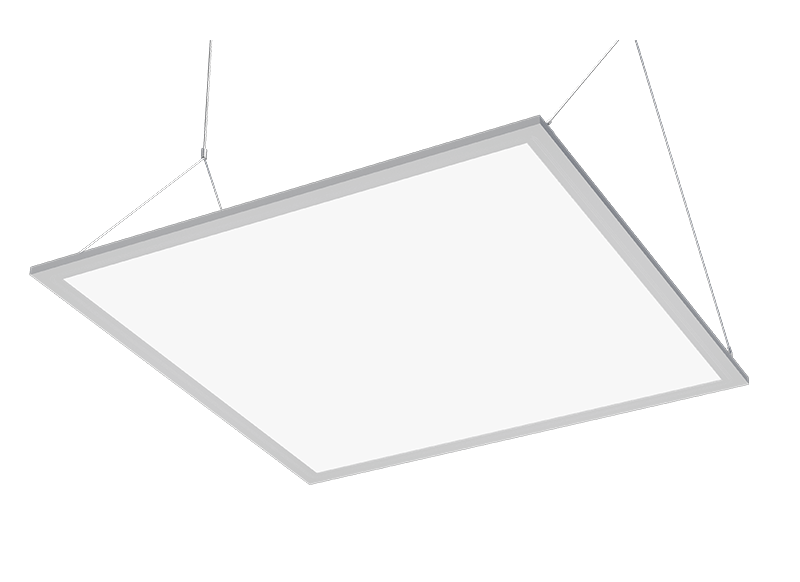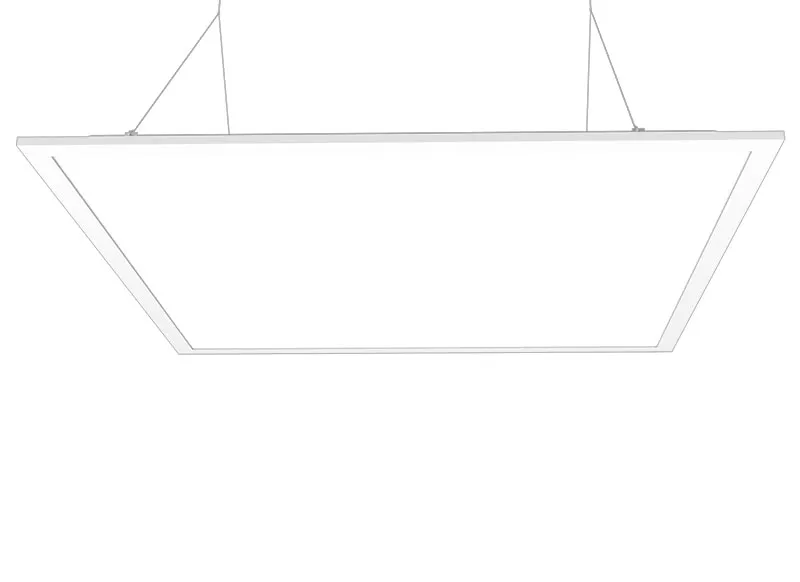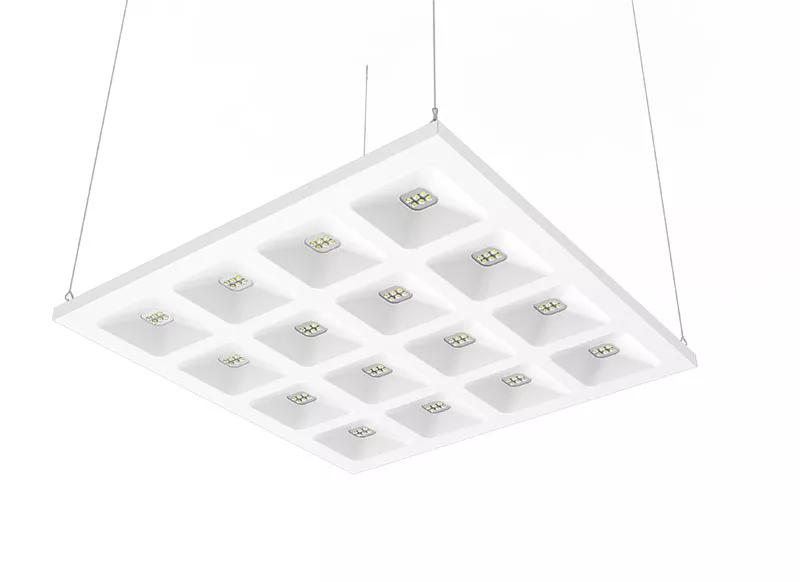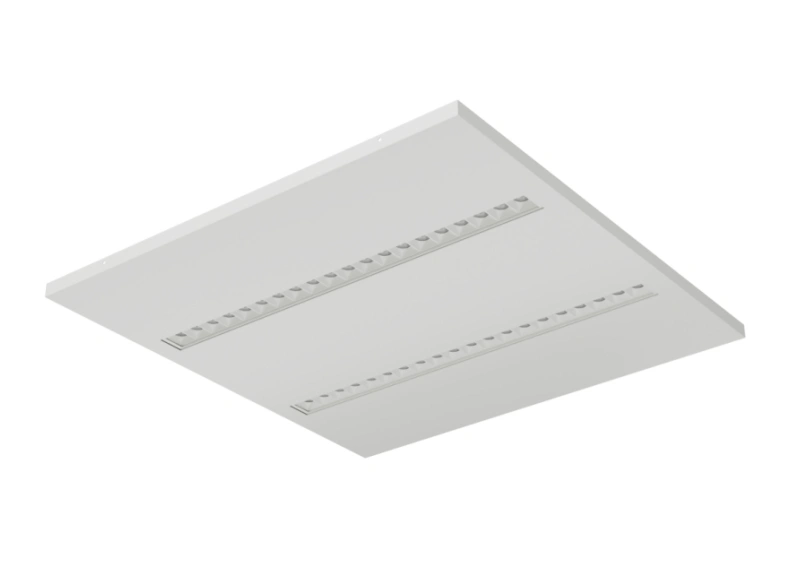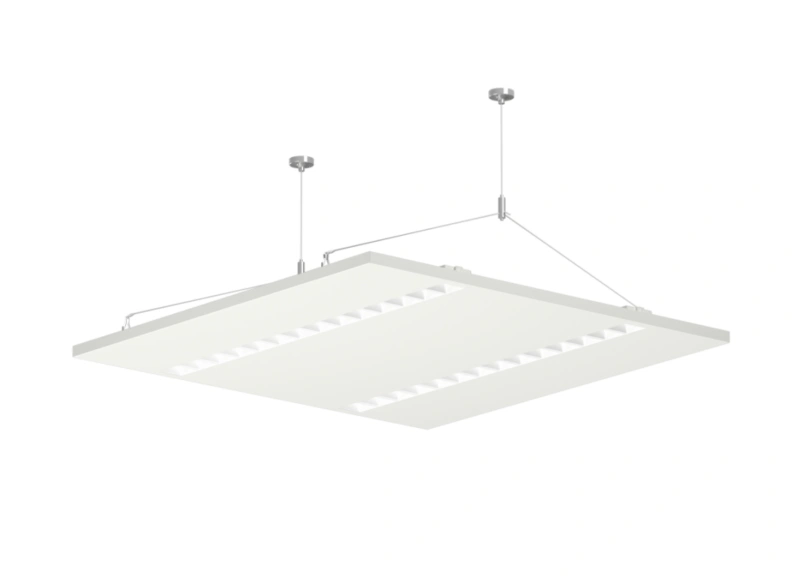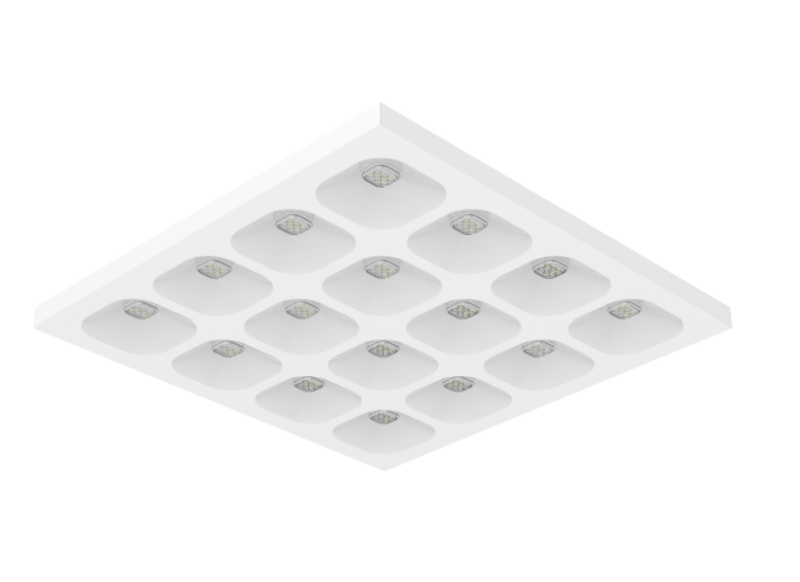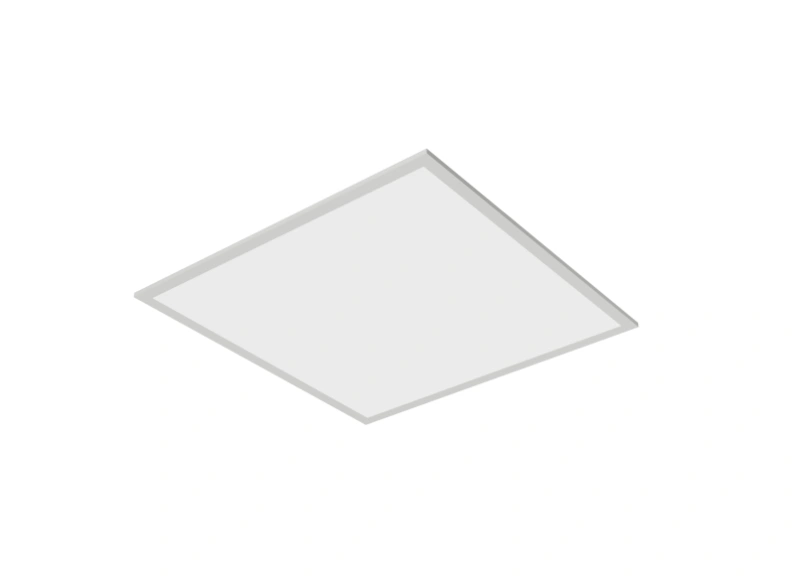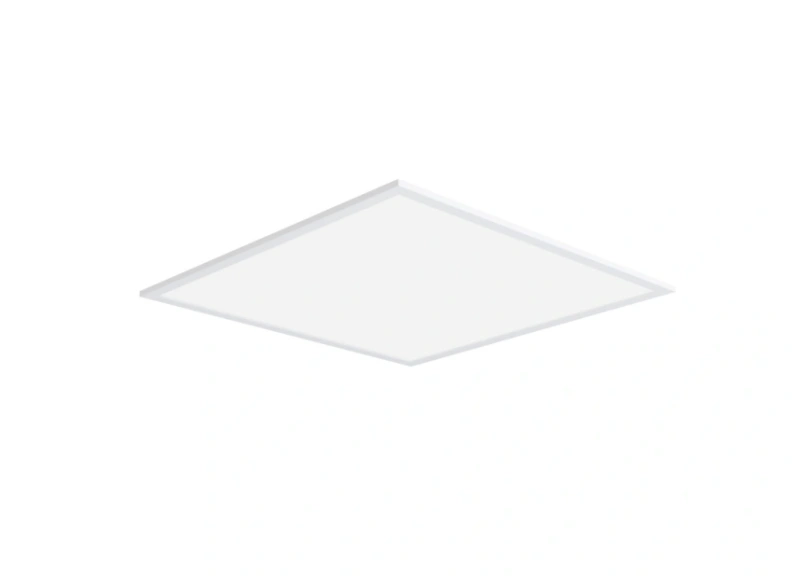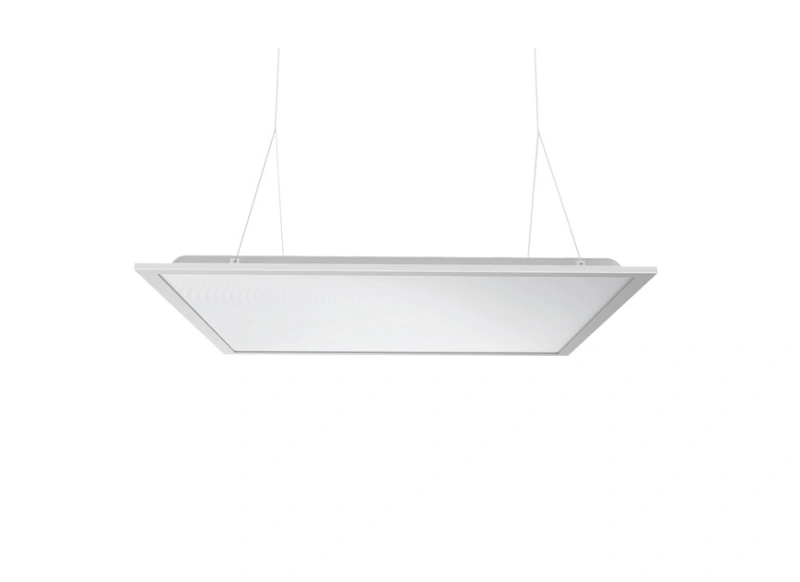LED Panel Lights
- Wattage: 25W, 30W
- Lumen Output:3,277 - 3,900 lm
- Beam angle: 60deg, 115deg
- Light efficiency: 140lm/W
- Ra≥80
- UGR<19,<25
Thanks to the design of UGR16, which made its an idea solution for classroom, office,shopping mall, and meeting room; And products available with different kinds of version like color selectable, power selectable, emergency version, sensor version, which made the products is powerful.
- Wattage: 36W
- Lumen Output: 3,600 - 4,300 lm
- Beam angle: 110deg
- Light efficiency: 100lm/W, 120lm/W
- UGR<22
light in weight and more like traditional grille light, better for user experience
- Wattage: 36W
- Lumen Output: 4,320 lm
- Beam angle: 90deg, 115deg
- Light efficiency: 120lm/W
- UGR<19,UGR<22
Intelligent light, moves with you! This PIR Sensor BackLit smart sensor light offers 360° full-range sensing, automatically adjusts brightness, and is energy-efficient and effective, making it the ideal choice for modern office and home lighting.
- Wattage: 18W, 22W, 36W, 60W
- Lumen Output: 1,260 - 6,000 lm
- Beam angle: 110deg(Standard), 75deg(UGR<19)
- 1-10V Dimming Control
- Occupancy Control
- DALI Control
- UGR<19
- UL94V-2
Athena Basic led panel are best replacement for traditional T5 and T8 fluorescent tube fixtures. Athena series being adopts Epistar high quality SMD led chip.
- Wattage: 30W, 36W, 60W
- Lumen Output: 3,200 - 7,200 lm
- Beam angle: 110deg(Standard), 75deg(UGR<19)
- 1-10V Dimming Control
- Occupancy Control
- DALI Control
- UGR<19
- UL94V-2
Excellent Glare Control
- Wattage: 25W, 30W, 36W
- Lumen Output: 3,375 - 4,860 lm
- Beam angle: 110deg(Standard), 75deg(UGR<19)
- 1-10V Dimming Control
- DALI Control
- UGR<19
- SDCM<3
- UL94V-2
Excellent Glare Control
- Wattage: 36W, 44W
- Lumen Output: 4,300 - 4,400 lm
- Beam angle: 90deg
- Light efficiency: 120lm/W, 100lm/W
- DALI Control
Excellent Glare Control
- Wattage: 18W, 22W, 25W, 36W, 50W, 60W
- Lumen Output: 1,080- 7,200 lm
- Beam angle: 110deg ;90deg
- Light efficiency: 180lm/W, 170lm/W, 160lm/W, 135lm/W, 120lm/W, 95lm/W, 75lm/W, 60lm/W
- 1-10V Dimming Control
- DALI Control
- Occupancy Control
- 3CCT-in-1, 2CCT-in-1
- UGR<19
The backlit series is an all square led panel that can best replacement for traditional T5 and T8 fluorescent tube fixtures. Athena series panel lights being adopted San’an 2835 high-quality SMD led chips all supplied by LEDLUCKY own manufacturer which also supports OEM.
- Wattage: 34W, 36W, 38W, 40W
- Lumen Output: 4,500- 5,500 lm
- Beam angle: 70-80deg
- Light efficiency: 140lm/W
- 0-10V Dimming Control
- DALI Control
- CLO
Excellent Glare Control
- Wattage: 23W, 24W, 25W
- Lumen Output: 3,000 - 3,500 lm
- Beam angle:60deg, 80deg, 115deg
- Light efficiency: 160Im/W
- UGR<16, <22, <25
- Ra≥80
The removable modules and various connecting joints can be manipulated to constructe diverse shapes.
- Wattage: 30W, 32W, 36W
- Lumen Output: 3,750 - 4,256 lm
- Beam angle: 55deg, 12deg,
- Light efficiency: 140Im/W
- SDCM<5
- UGR<14, <18, <24
The light source module interfaces with zhaga book 14-GR6D 15 connector, which is in line with the future trend of Europe.
- Wattage: 28W
- Lumen Output: 3,700 - 4,000 lm
- Beam angle: 77deg
- Light efficiency: 142 lm/W,139 lm/W,134 lm/W,129 lm/W
- SDCM<5
- UGR<19
Matrix Basic offers a practical lighting solution with low UGR and independent light source modules, adaptable to various structures. Its high cost-effectiveness has made it one of LEDLUCKY’s top-selling products.
- Wattage: 28W
- Lumen Output: 2,080 - 3,920 lm
- Beam angle: 77deg
- Light efficiency: 140 lm/W,136 lm/W
- DALI Control
- UGR<19
- SDCM<5
The Matrix ECO panel light features a flexible module design for easy replacement and maintenance, enhancing stock management. With a PC module, it offers economic benefits while ensuring durability. Its thick and strong panel body meets IK05 standards for robustness, while achieving a lumen output of 3920lm for superior energy efficiency.
- Wattage: 28W
- Lumen Output: 3,920 - 4,060 lm
- Beam angle: 75deg
- Light efficiency: 145lm/W
- UGR12
Brighten your space, lighten your load. Choose the seamless fusion of high-efficiency and sleek design with Matric S Panel.
- Wattage: 22W
- Lumen Output: 3,630 - 3,850 lm
- Beam angle: 75deg
- Light efficiency: 165lm/W,175lm/W
- SDCM<3
- UGR<12
- Ra≥80
Nova Panel combines elegant design with high luminous efficiency. With a SPCC steel base and LED lenses with polycarbonate reflectors, it ensures anti-glare and optimal visual comfort with a UGR<12. Ideal for shops, offices, classrooms, hospitals, laboratories, meeting rooms, and more.
- Wattage: 36W
- Lumen Output:4,320 lm
- Beam angle: 90deg, 115deg
- Light efficiency: 120lm/W
- UGR<19,<22
This feature enhances security and saves energy by only activating when needed.
- Wattage: 36W, 60W
- Lumen Output:3,600 - 6,000 lm
- Beam angle: 90deg, 110deg
- Light efficiency: 100lm/W
- Ra≥80
- UGR<19,<22
Revolutionize your lighting with our superior backlit design, featuring uniform brightness, no yellowing, and quick delivery. Quality and efficiency, beautifully balanced.
- Wattage: 18W22W,36W.60W25W30W
- Lumen Output:1,800 - 7,200 lm
- Beam angle: 85deg, 110deg
- Light efficiency: 160lm/W
- Ra≥80
- UGR<19,<22
A side lighting product with an ultra-thin and lightweight design
only 10mm thick – the Side Light M2, brings an unprecedented
sense of lightness and modernity to your space.
- Wattage:20W,30W
- Lumen Output:4,200 lm-6,300 lm
- Beam angle: 90deg, 110deg
- Light efficiency: 210lm/W
- UGR<19,<22
With a high luminous efficacy of up to 210lm/W, it is available in 20W and 30W options. It features ultra – uniform illumination, a slim design, and intelligent dimming capabilities. It is suitable for various places such as classrooms, shopping malls, and offices. It has obtained CE, RoHS, and ErP certifications and comes with a 5 – year warranty.
Customize LED Panel Lights For Your Business? Contact US Now!
- Wattage: 36W, 60W
- Lumen Output:3,600 - 6,000 lm
- Beam angle: 90deg, 110deg
- Light efficiency: 100lm/W
- Ra≥80
- UGR<19,<22
Revolutionize your lighting with our superior backlit design, featuring uniform brightness, no yellowing, and quick delivery. Quality and efficiency, beautifully balanced.
How your LED panel light produce?
With a better understanding of the market and customers in the American and European region, our talented and creative design team will work alongside you to achieve business success.
